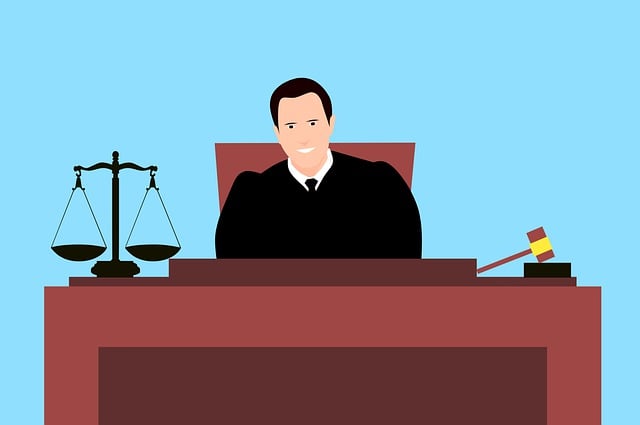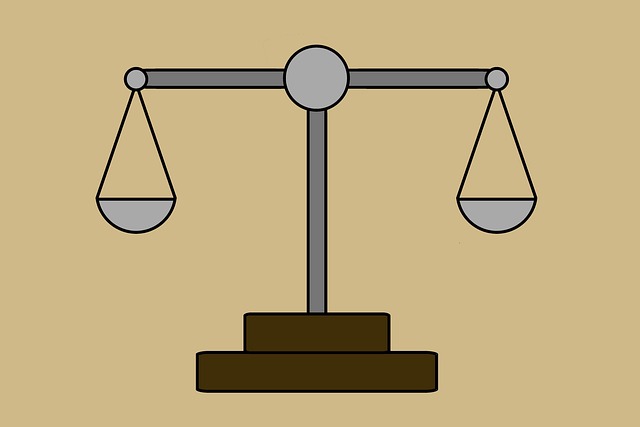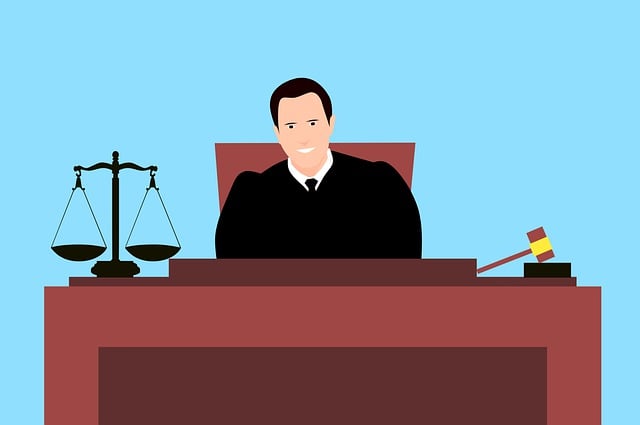Oregon's criminal justice system hinges on fair trials, guided by a framework of constitutional rights, evidentiary rules, and procedural guidelines. Key protections include transparency, impartiality, due process, effective counsel, and prejudice-free trials. Public defenders play a crucial role in ensuring these rights for the accused. Rigorous evidence handling, unbiased jury selection, and post-trial appeals processes further uphold fairness within Oregon criminal law.
In Oregon, ensuring fair trials is paramount in criminal defense cases. This comprehensive guide delves into the foundational principles that underpin justice within the state’s legal framework. From understanding the core concepts of a fair trial under Oregon criminal law to navigating complex issues like evidence handling and jury selection, each component is crucial. We explore the rights of accused individuals, the vital role of public defenders, and post-trial reviews through appeals, shedding light on how these elements collectively strive for justice in Oregon’s legal system.
- Understanding Fair Trial Principles in Oregon Criminal Law
- Defending Against Unfair Prejudice: Rights of Accused
- Role of Public Defender in Ensuring Just Proceedings
- Evidence Handling: Balancing Admissibility and Fairness
- Jury Selection: Impartiality and Diversity Considerations
- Post-Trial Review: Appeals and the Quest for Justice
Understanding Fair Trial Principles in Oregon Criminal Law

In Oregon criminal law, ensuring fair trials is a cornerstone of the justice system. This involves a complex interplay of constitutional rights, evidentiary rules, and procedural guidelines designed to protect the accused from arbitrary or unfair treatment. The principles of a fair trial are deeply ingrained in the state’s legal framework, aiming to guarantee that every individual stands equal before the law.
Oregon’s approach emphasizes transparency, impartiality, and due process. This includes the right to a speedy trial, protection against self-incrimination, and the ability to confront and cross-examine witnesses. Additionally, defendants are entitled to effective assistance of counsel, ensuring they have legal representation that meets high standards of competence. These fundamental principles form the basis for a just and equitable criminal justice system in Oregon.
Defending Against Unfair Prejudice: Rights of Accused

In Oregon criminal law, the rights of accused individuals are paramount to ensuring fair trials. One of the primary safeguards is the protection against unfair prejudice. This means that defendants have the right to be tried based on the evidence presented in court, free from any biases or preconceived notions that could influence the outcome. It’s crucial for defense attorneys to navigate this delicate balance, challenging any inappropriate evidence or arguments that may unfairly sway the jury.
Moreover, the accused are entitled to a neutral and impartial judge, as well as effective assistance from their legal counsel. Oregon criminal law provides procedures to safeguard these rights, such as allowing for pre-trial hearings where potential biases can be addressed. By upholding these principles, Oregon strives to maintain a just and equitable system where every individual, no matter the circumstances, is afforded a fair trial under the law.
Role of Public Defender in Ensuring Just Proceedings

In Oregon criminal law, the role of a public defender is pivotal in ensuring just proceedings and protecting the rights of the accused. Public defenders serve as a crucial safeguard against potential injustices in the legal system by providing legal representation to individuals who cannot afford private counsel. They play a multifaceted role, from investigating the case and challenging evidence to advocating for their clients’ interests during trials and hearings.
These attorneys are trained not only in Oregon criminal law but also in strategic litigation, ensuring they can navigate complex procedural rules. Their duty extends beyond legal representation; they must also advise their clients on potential consequences, help them understand their rights, and guide them through the entire judicial process. This comprehensive support is essential for ensuring fair trials, upholding the integrity of the legal system, and providing a level playing field for those facing criminal charges.
Evidence Handling: Balancing Admissibility and Fairness

In Oregon criminal law, evidence handling plays a pivotal role in ensuring fair trials. The admissibility and fairness of evidence are carefully balanced to safeguard the rights of both defendants and plaintiffs. This balance is crucial as it prevents the admission of prejudicial or unreliable evidence while allowing relevant facts to be presented. Judges in Oregon are tasked with rigorously evaluating evidence, applying strict standards to ensure it meets the legal criteria for admissibility.
The fairness aspect involves protecting against any manipulation or misinterpretation that could sway the jury’s decision. Proper handling includes secure storage, chain of custody protocols, and transparent documentation. These measures ensure that evidence remains unaltered and verifiable throughout the legal process, thereby preserving the integrity of the trial and upholding the principles of Oregon criminal law.
Jury Selection: Impartiality and Diversity Considerations

In Oregon criminal law, the jury selection process plays a pivotal role in ensuring fair trials. Impartiality stands as the cornerstone of this process, mandating that jurors render decisions based solely on the evidence presented in court. Achieving impartiality involves careful consideration during voir dire to identify and dismiss potential biases or prejudices that could skew judgment. This meticulous screening is crucial for maintaining the integrity of the judicial system, ensuring that defendants receive a trial free from undue influence.
Diversity within the jury pool adds another layer of fairness. Oregon recognizes the value of incorporating varied perspectives to reflect the community it serves. By fostering diversity in terms of race, ethnicity, gender, and life experiences, the court aims to mirror the broader population, thereby increasing the likelihood of an unbiased and representative decision-making body. This commitment to diversity strengthens the fairness of criminal trials under Oregon law, aligning with principles of justice and equal protection.
Post-Trial Review: Appeals and the Quest for Justice

Post-trial review plays a pivotal role in ensuring fairness within the Oregon criminal law system. Appeals processes allow for a thorough re-examination of cases, where convicted individuals can challenge their convictions and sentences if they believe legal errors occurred during trial. This mechanism is essential for upholding justice, as it provides an opportunity to rectify potential miscarriages of justice.
By utilizing appeals, defense attorneys in Oregon can advocate for their clients’ rights, ensuring that the judicial process remains transparent and equitable. Through meticulous review, appellate courts can scrutinize evidence, witness testimonies, and procedural aspects, ultimately deciding whether the defendant received a fair trial as guaranteed by law. This intricate process is vital to maintaining public trust in the criminal justice system.














